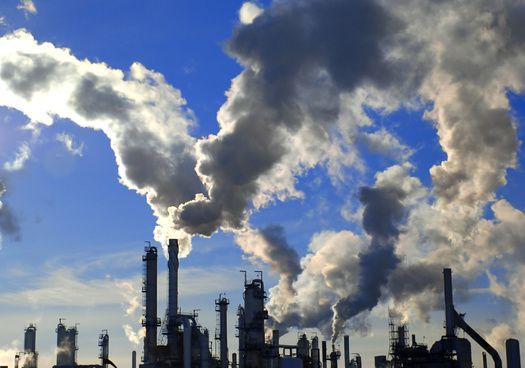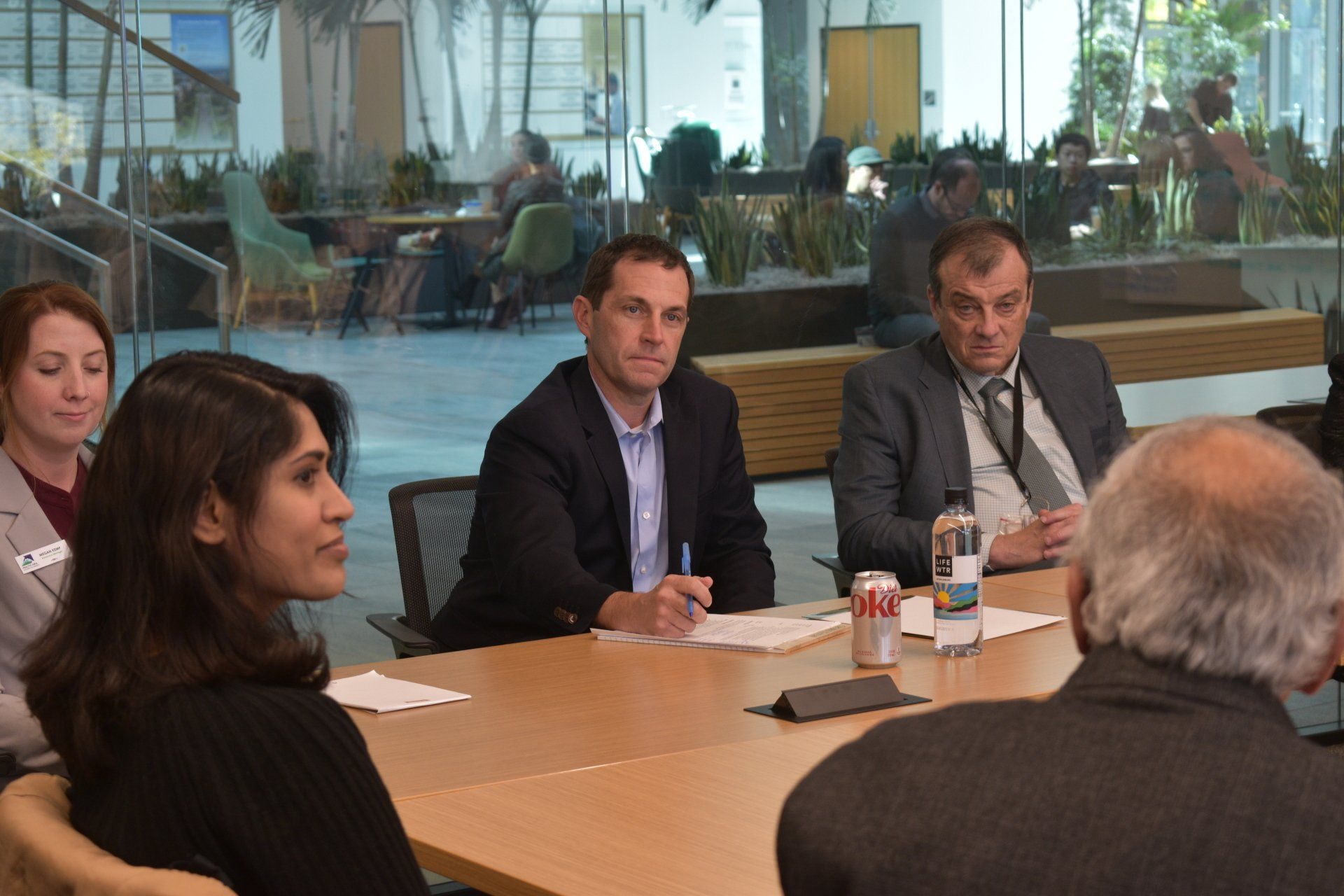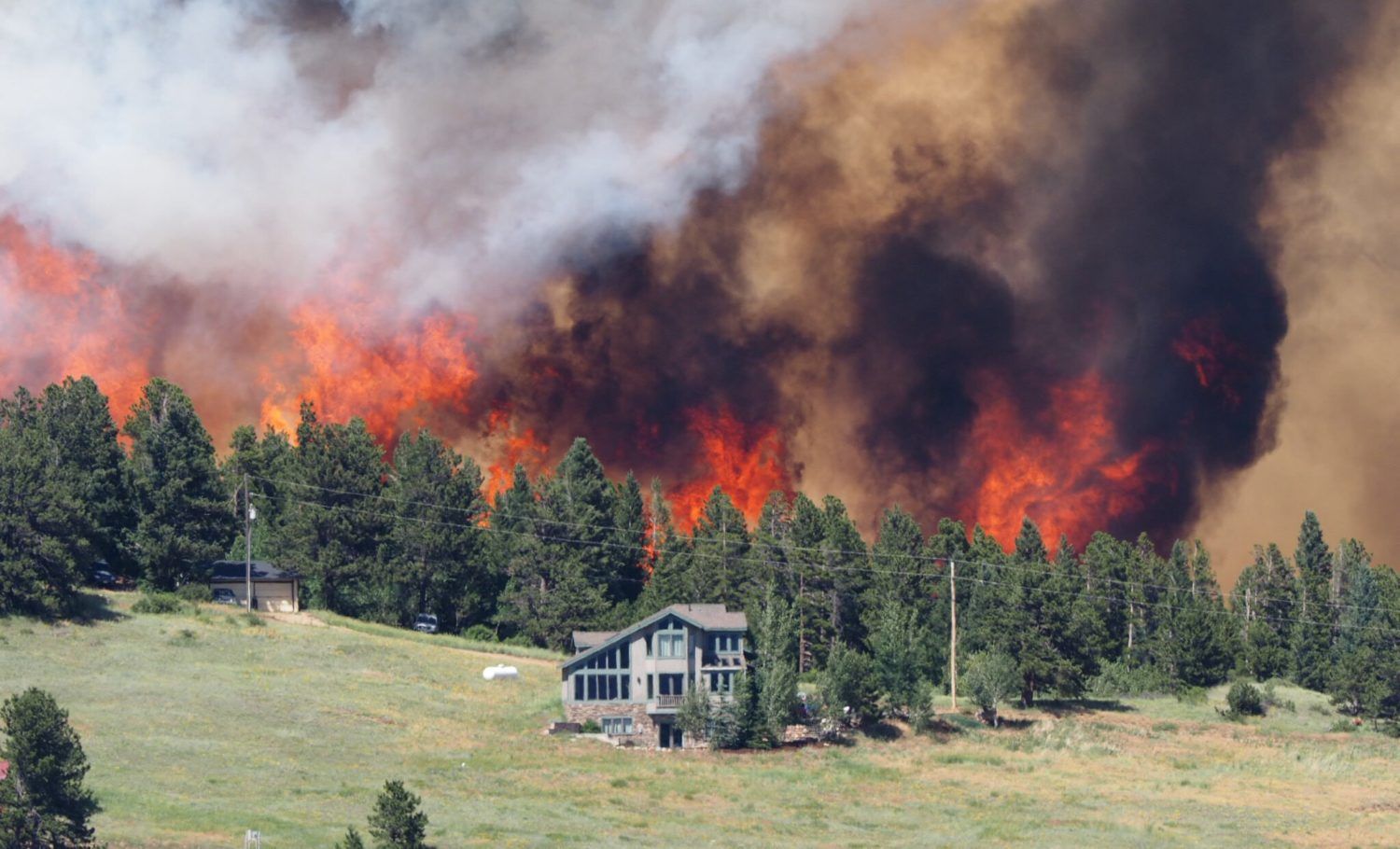Air Pollution is Harming Health and Cleaner Trucks will Drastically Reduce Pollution
Katherine E. Goff & Dr. Sheela Mahnke urge the Air Quality Control Commission (AQCC) to adopt the Advanced Clean Trucks Rule
A new normal has emerged in Colorado. Every summer, when temperatures are at their hottest, people across the state have come to expect that hazy air will compromise our ability to breathe comfortably, to see the mountains in the distance, and to enjoy the outdoor recreation that folks from around the world travel long distances just to experience. While some might see this as a mild annoyance, health professionals see a threat that’s far more insidious to the people of Colorado: our polluted air is killing us.
When people think of Colorado, the image that springs to mind is that of a wide open, beautiful western landscape with crisp, clean mountain air. Unfortunately, that vision is nothing more than a fantasy for the vast majority of those who live in the state. Our communities here in Adams County, and Commerce City in particular, know this all too well as the 80216 zip code – home to 2 major interstates and a number of industrial polluters – has been called the most polluted zip code in the U.S.
The rest of Colorado hardly fares much better. Recently, the American Lung Association released their State of the Air Report for 2022, and their findings are grim. Colorado is home to two of the 25 most polluted cities in America in Denver and Ft. Collins, and a number of counties across the state were given failing grades due to the level of pollution in their air.
Allowing our air to reach this state of contamination comes at a major cost to our health, especially for the most vulnerable populations, which include children, the elderly, those with asthma, COPD, cardiovascular disease and pregnant women. Air pollution increases the risk of severe complications for those with respiratory illnesses like asthma and COPD. In Adams County alone there are almost 10,000 children with asthma who suffer daily from the toxic effects of our air. Poor air quality even harms the fetus prior to birth, resulting in lower birth weights and places healthy children at risk for increased respiratory infections and poor lung development.
Although there is no silver bullet that will allow us to eliminate air pollution overnight, there is concrete action our leaders can take to reduce emissions and protect our health. One of the most immediate remedies available is for the Air Quality Control Commission (AQCC) to adopt the Advanced Clean Trucks Rule, which would require manufacturers of medium- and heavy-duty vehicles to steadily increase their sales of zero emissions trucks over time.
Most of us have had the experience of sitting in congested traffic behind a truck spewing clouds of black smoke and had the thought that those emissions must be terrible for the environment. If you’ve had that thought, you were right: in the Denver Metro area, medium and heavy-duty vehicles contribute 24.3% of on-road NOx emissions despite accounting for less than 2% of vehicle miles traveled. These diesel emissions are costly for our health.
While these numbers are staggering, we cannot simply remove trucks from the road as the goods that they transport are essential to our way of life. Luckily, we don’t need to eradicate trucks altogether as the technology to drastically reduce health-harming diesel emissions from trucks is already here. A transition to clean trucks would have a transformative impact on our air quality generally, but especially for communities like Northglenn. My residents live near an interstate highway and suffer from transportation pollution they have no control over.
The urgency of adopting this rule as quickly as possible has become even more apparent in light of recent news that the Environmental Protection Agency (EPA) may partially deny a similar effort in California. If this decision holds, Colorado would need to provide at least four years of lead time to implement our own Advanced Clean Trucks rule. Every day that the AQCC waits puts us further away from cleaning up our air by reducing emissions from trucks.
But this vital transition will not happen without action from the AQCC. The members of the commission must recognize that a failure to act immediately will cost Colorado dearly in hospital visits, lost work days, long term health conditions, and ultimately, it will cost people their lives. The AQCC needs to act immediately by instituting the Advanced Clean Trucks rule in order to ensure that every Coloradan can feel secure that the air they breathe isn’t leading them to a hospital, onto a ventilator, or into an early grave.
Katherine E. Goff, is a Northglenn Council Member & Dr. Sheela Mahnke is a pediatrician and advocate for Healthy Air & Water Colorado



Press Release: Colorado Takes Important Step in Cutting Methane Pollution, But More Action is Needed








